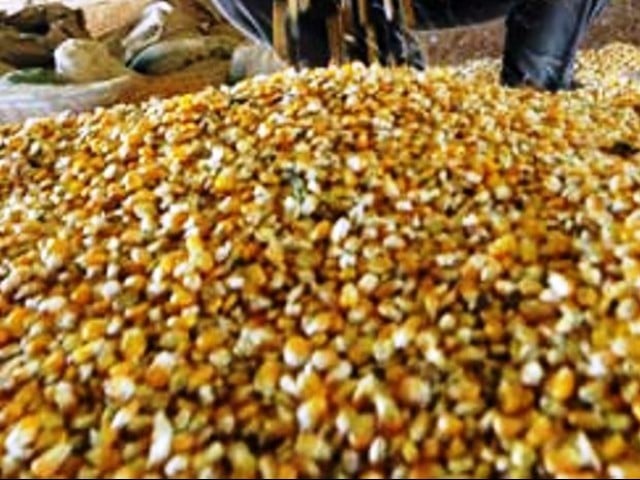
The seed industry of Pakistan has termed imposition of 17% sales tax on seeds last nail in the coffin and rejected it while citing that it would affect the access to quality seeds for farmers, industry and end users by inflating its cost.
In the maiden meeting of the newly formed Pakistan Hi-Tech Hybrid Seed Association (PHHSA) on Tuesday, participants feared that the levy might discourage the use of hybrid seeds and reduce the yield of major crops like cotton, rice, wheat, maize, vegetable and edible oil.
Chairing the meeting, Pakistan Hi-Tech Hybrid Seed Association Chairman Shahzad Ali Malik highlighted that the introduction of the sales tax had triggered panic among all stakeholders.
“It is a misfortune that in the very first meeting following the grant of the licence to the trade body, PHSSA faces the challenge to resist the levy by giving logical and convincing arguments to the decision makers,” he said.
He talked about the future plan of action for advocacy and promotion of the hybrid seed sector and allied technology.
He said that over the past few years, the pace of development of new hybrid seeds had slowed down in Pakistan because of lack of regulatory and fiscal incentives.
Malik urged the government to withdraw 17% sales tax on seed sector “which is the backbone of agriculture and directly impacts the livelihoods of poor farmers and middle-income group that depend mainly on the agriculture sector.”
Stating that there was no sales tax on seeds in India, Thailand and other seed exporting and importing nations, he questioned why Pakistan, being the agrarian economy, opted to levy the tax.
According to him, the trade body was eager to achieve import substitution and local production of quality seeds at affordable prices.
“We have to deliver to meet the aspiration of our members and align our goals with the national economic agenda,” said Malik.
Published in The Express Tribune, February 23rd, 2022.
Like Business on Facebook, follow @TribuneBiz on Twitter to stay informed and join in the conversation.

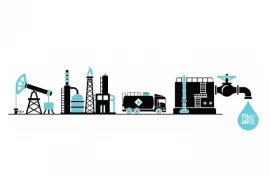
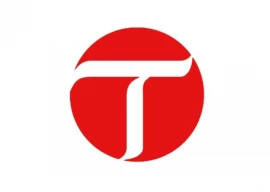
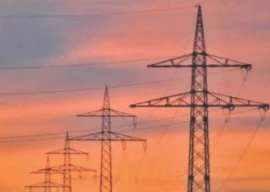
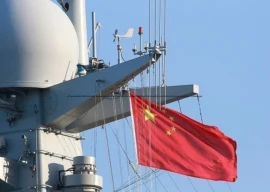
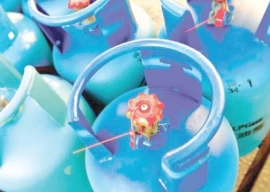






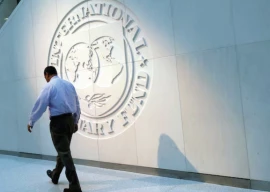



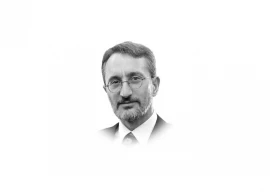


COMMENTS
Comments are moderated and generally will be posted if they are on-topic and not abusive.
For more information, please see our Comments FAQ